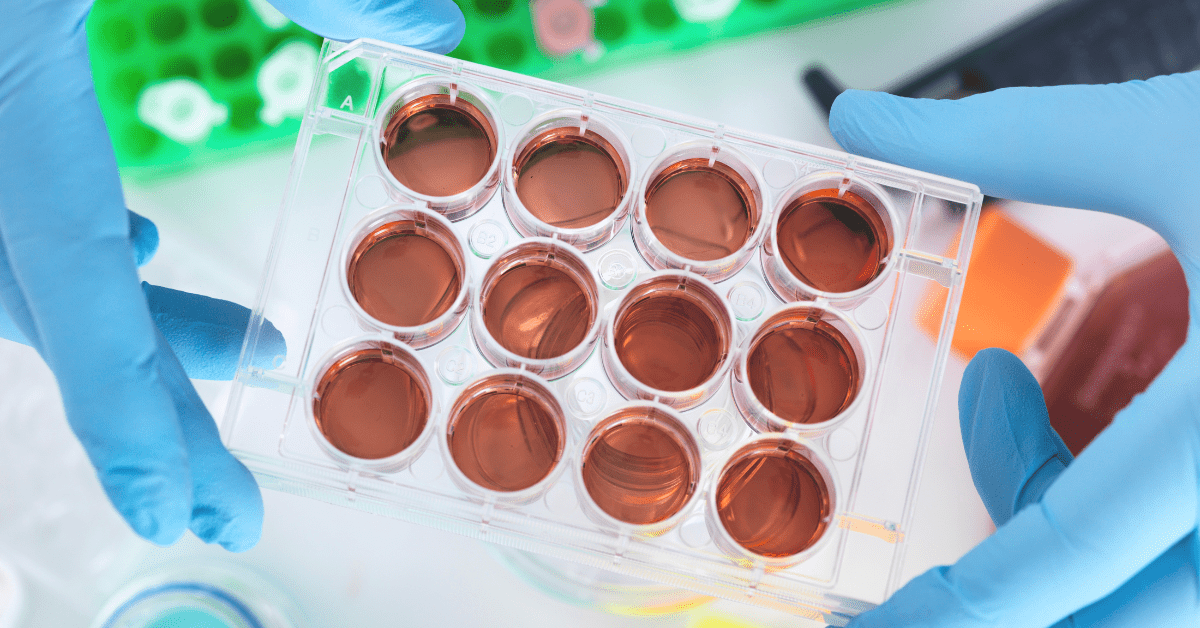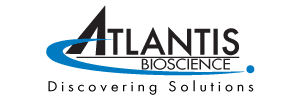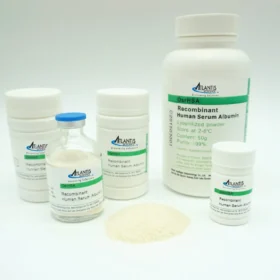- Your cart is empty
- Continue Shopping
Recombinant Human Serum Albumin vs Plasma-Derived Human Serum Albumin

Recombinant Human Serum Albumin vs Plasma-Derived Human Serum Albumin
- Atlantis Bioscience
- Blog
- Reading Time: 4 minutes
Summary
The future of HSA is exceptionally promising, with demand poised to surge in the coming years. This uptick is driven by several compelling factors. Firstly, there is a growing need for albumin-based therapies, particularly in response to the aging global population and the rising incidence of conditions like liver disease and sepsis. HSA’s multifunctional properties make it indispensable in these treatments.
Additionally, the pharmaceutical and biotechnology industries are increasingly relying on recombinant human serum albumin for cell culture media, benefiting from its consistent quality and scalability. The adoption of recombinant technology in albumin production addresses safety concerns and ensures a reliable supply. As regulatory standards continue to emphasize safety, this trend is expected to accelerate further. In this evolving landscape, HSA plays a pivotal role at the crossroads of medical innovation and biotechnological advancements, making it an indispensable resource for healthcare and biotechnology sectors in the years ahead.
Human serum albumin (HSA) is a monomeric, globular protein consisting of approximately 585 amino acids with a molecular weight of 66.5 kDa. It is synthesised in the liver and released into the bloodstream. HSA has a half-life of approximately 19 days in circulation and plays a crucial role in maintaining the body’s overall health and homeostasis.
HSA serves various essential functions, including regulating blood volume, transporting important substances like hormones and fatty acids, and helping to maintain blood’s osmotic pressure. This multifaceted protein is a cornerstone of the circulatory system, contributing significantly to the overall well-being and proper functioning of the human body.
HSA is also often used as a supplement in cell culture media to provide necessary nutrients and promote cell growth. It also stabilises the pH of the medium and acts as a carrier protein for hormones, vitamins, and other growth factors. Additionally, HSA can be used as a stabiliser and/or adjuvant in vaccines.
The demand for HSA has greatly increased due to its use for the treatment of blood-related disorders such as anemia, and liver diseases, and used as plasma expander in cases of shock, trauma, and burns.
There are primarily two main types of HSA in the market:
(1) Plasma-derived HSA (pHSA)
(2) recombinant HSA (rHSA)
Plasma-Derived Human Serum Albumin
Plasma-derived human serum albumin (pHSA) refers to albumin protein obtained from human blood plasma. This process involves volunteers donating their blood at blood donation centers. The collected blood is screened for viral infection to reduce transmission of blood-borne infections. Albumin is typically isolated through fractionation and chromatography to purify it. The isolated and purified HSA then undergoes rigorous quality control testing to ensure it meets the required standards for purity, safety, and efficacy.
While pHSA is widely used in medical applications, such as fluid replacement, albumin infusion, drug delivery, and research and diagnostics, there are several constraints and challenges associated with its use. Firstly, pHSA is obtained from human blood donations which pose a potential risk of transmitting blood-borne pathogens like HIV, hepatitis B, and hepatitis C if the blood donor is infected. To mitigate this risk, blood donations undergo rigorous screening and testing, and the plasma undergoes rigorous viral inactivation and removal processes. However, the risk can never be completely eliminated.
Secondly, the availability of pHSA depends on the availability of human plasma donors, which can be influenced by factors such as seasonal variations, natural disasters, and economic conditions, potentially leading to shortages. Lastly, variations in donor populations and processing methods can result in batch-to-batch variability in terms of purity and composition. Ensuring the quality and consistency of pHSA is essential. Additionally, the collection, processing, and testing of human plasma to produce HSA can be expensive, and this cost may be reflected in the final price of the product, which can be a constraint for healthcare systems and patients, particularly in regions with limited resources.
Recombinant Human Serum Albumin
Recombinant human serum albumin (rHSA) is a genetically engineered form of albumin using biotechnology techniques. It is created by inserting the human albumin gene into a suitable expression system, such as bacteria, yeast, or rice, which then produces albumin.
rHSA offers several advantages over pHSA in various applications. One of the primary advantages of rHSA is its enhanced safety profile. Unlike pHSA, which relies on human donors, rHSA is produced through biotechnology, eliminating the risk of pathogen contamination and ensuring a safer product. rHSA production is highly controlled and standardised, resulting in a consistent and reproducible product. It also typically has a higher level of purity compared to pHSA, as it is free from impurities that may be present in plasma-derived products.
The consistent composition, purity, and properties of rHSA make it suitable for scientific research, diagnostic assays, and pharmaceutical formulations. Additionally, rHSA can be engineered to have specific properties or modifications to meet the requirements of different applications, such as altering its binding properties, stability, or compatibility with certain drugs or therapies. The ability to produce rHSA in large quantities using bioreactors and cell culture systems ensures a stable and abundant supply for various applications, meeting market demand effectively.
Oryza Sativa Recombinant Human Serum Albumin (OSrHSA)
The production of plant-made pharmaceuticals (PMsP) has advanced significantly in recent decades, resulting in numerous PMPs undergoing clinical trials and receiving market approval. Various plant species, including rice, tobacco, maize, and soybean have been harnessed for the production of various pharmaceuticals.
One notable example is Oryza Sativa recombinant human serum albumin (OSrHSA), which is genetically engineered and derived from a plant-based expression platform. OSrHSA leverages rice endosperm cells to achieve high-level expression of rHSA. Since OSrHSA is plant-derived, it effectively eliminates the risk of bacterial and viral contaminations. Furthermore, its superior consistency not only saves time but also enhances performance. The affordability of OSrHSA allows for reduced downstream product costs without compromising quality. Importantly, OSrHSA has been demonstrated to be equivalent to pHSA in terms of biochemical properties, physical structure, functions, and immunogenicity.
References
Fu K, Cheng Q, Liu Z, et al. Immunotoxicity assessment of rice-derived recombinant human serum albumin using human peripheral blood mononuclear cells. PLoS One. 2014;9(8):e104426. Published 2014 Aug 6. doi:10.1371/journal.pone.0104426
He Y, Ning T, Xie T, Qiu Q, Zhang L, Sun Y, Jiang D, Fu K, Yin F, Zhang W, Shen L, Wang H, Li J, Lin Q, Sun Y, Li H, Zhu Y, Yang D. Large-scale production of functional human serum albumin from transgenic rice seeds. Proc Natl Acad Sci U S A. 2011 Nov 22;108(47):19078-83. doi: 10.1073/pnas.1109736108. Epub 2011 Oct 31. PMID: 22042856; PMCID: PMC3223471.
CONTACT

QUESTIONS IN YOUR MIND?
Connect With Our Technical Specialist.

KNOW WHAT YOU WANT?
Request For A Quotation.
OTHER BLOGS YOU MIGHT LIKE
HOW CAN WE HELP YOU? Our specialists are to help you find the best product for your application. We will be happy to help you find the right product for the job.

TALK TO A SPECIALIST
Contact our Customer Care, Sales & Scientific Assistance

EMAIL US
Consult and asked questions about our products & services

DOCUMENTATION
Documentation of Technical & Safety Data Sheet, Guides and more...

